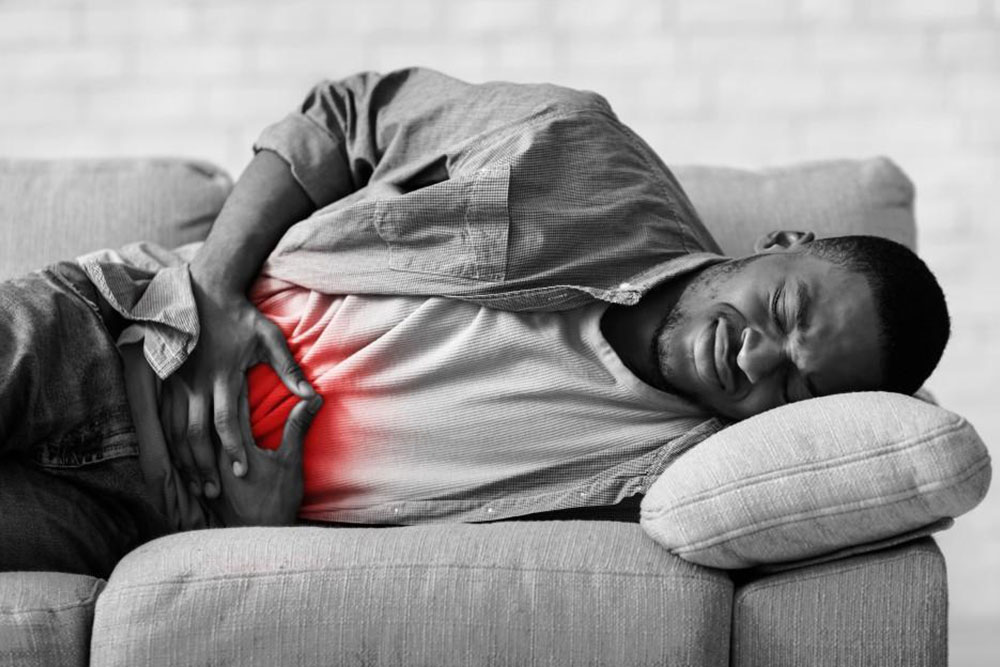Expert Treatment for Fecal Abnormalities by Dr. Bharat Pothuri
Dr. Pothuri uses a step-by-step approach:
Medical Review & Exam
He asks about your symptoms, diet, travel history, and family GI issues, then performs a gentle abdominal and rectal exam.
Stool Tests
Analysis for occult blood, fat malabsorption, pathogens (bacteria, viruses, parasites), and inflammatory markers.
Blood Tests
Complete blood count, inflammatory markers (CRP, ESR), and metabolic panel to assess for anemia or systemic infection.
Endoscopic Evaluation
Colonoscopy or flexible sigmoidoscopy to directly inspect the colon, remove polyps, and obtain biopsies if needed.
Imaging
- CT scan or MRI abdomen/pelvis to evaluate bowel wall and surrounding tissues.
- Abdominal ultrasound for targeted assessment of liver, gallbladder, and pancreas.
Frequently Asked Questions
What does stool color tell me?
Black or red stool suggests bleeding; pale stool may indicate bile issues greasy stool can mean fat malabsorption.
Why is there blood or mucus in my stool?
It can come from hemorrhoids, fissures, infections, polyps, or inflammatory bowel diseases like IBD.
When should I see a doctor for bowel changes?
If abnormal stools persist for more than a few days or occur with pain, weight loss, or bleeding, schedule an evaluation promptly.
What tests will I need?
Dr. Pothuri may recommend stool analysis, blood work, colonoscopy, or imaging studies (CT, ultrasound) based on your symptoms.
Can diet help fix abnormal stools?
Yes. Increasing fiber, staying hydrated, and reducing fatty or spicy foods often improves stool consistency and bowel habits.
Is a colonoscopy always needed?
Not necessarily. Dr. Pothuri determines the need based on your age, risk factors, and initial test findings.
How do I book an appointment?
Visit GastroDoxs.com or call our Houston office to schedule your consultation with Dr. Pothuri.












